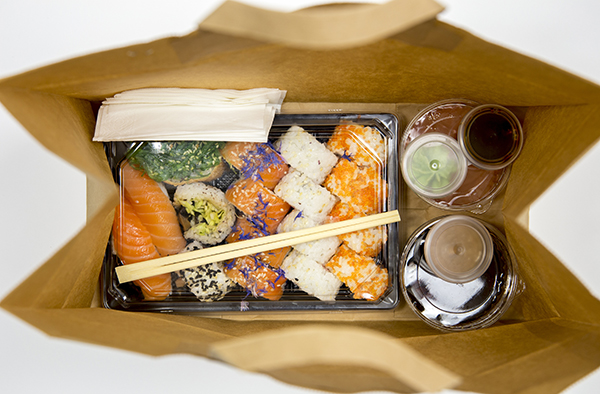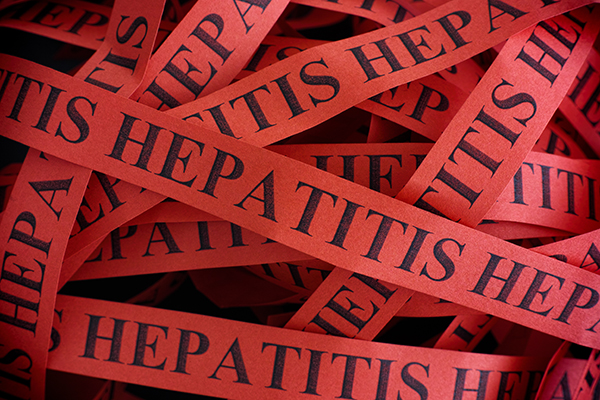Healthy Employees Keep Food Safe
Last month we talked about norovirus, the leading cause of foodborne illness outbreaks. Today we will turn our attention to overall employee health, and its role in keeping food safe. Many of you who are in my generation can relate to the fact that you rarely called in to work sick, and when you did you probably couldn’t get out of bed. You may also relate to being a manager and discouraging people from calling in sick because it was so difficult to be short-handed. Well, that mind set just has to change for the health of everyone!
Employees who are ill can spread bacteria and viruses, possibly contributing to foodborne illness. While everyone who eats in your operation is susceptible to foodborne illness, individuals who are immunocompromised, preschool-age children, and the elderly (BTW that is over the age of 65!) are most vulnerable. To protect the health of everyone, it is important that certain symptoms and disease conditions are reported to supervisors AND that good hygiene practices are followed.
Reportable Symptoms
The Food Code states that supervisors need to know if a staff member has any of the following symptoms:
- Vomiting
- Diarrhea
- Jaundice
- Sore throat with fever
- Lesions containing pus—lesions on the hands, wrists, and lower arms must be covered by a bandage and by a disposable glove.
Some organizations may have specified additional symptoms that should be reported so be sure you know what requirements exist in your workplace.
Reportable Diagnoses
If you or a household member is diagnosed with any of the following conditions (known as the Big Six), you should report them to your supervisor:
- Norovirus
- Typhoid Fever (caused by Salmonella Typhi)
- Salmonella (non-typhoidal)
- Shiga toxin-producing coli
- Shigella
- Hepatitis A virus
Good Hygiene Practices
We all know that anyone working with food should follow the good hygiene practices that are described in the written standard operating procedures for the operation. These hygiene practices are designed to reduce the possibility for food to become contaminated. You may be a carrier of one of the Big Six bacteria or viruses and not even know because symptoms of the disease aren’t yet evident. For that reason, it is of particular importance that you follow good employee hygiene practices. Keeping these two fundamental practices front and center will go a long way in making sure you aren’t the reason someone else gets sick.
- Wash your hands often using the proper technique. Remember, many of the bacteria and viruses are transferred by the fecal-oral route. Even a small amount of fecal residue can contaminate food. Using a fingernail brush would help make sure that small particles are removed from under the nails.
- Wear gloves when handling any ready-to-eat foods. Gloves provide an added layer of protection, and minimize the opportunity for foods that do not get cooked to become contaminated. That is what is meant by “no bare hand contact.”
Remember, you have a very important role in making sure that the food prepared and served to customers at your workplace is safe to eat. Be sure to follow these guidelines. Risk nothing!











